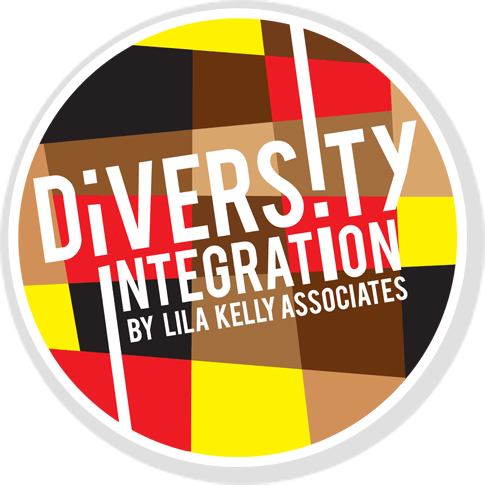
For decades, certain interview questions have been standard, yet many fail to uncover candidates’ true qualifications. Do these sound familiar?
- What are your strengths? / What was your biggest accomplishment in your last job? / What are you the most proud of in your work history? / Why should we hire you for this job?
- What is your biggest weakness?
- Why did you leave your last job?
- Where would you like to be in your career five years from now?
- Describe a time when you had to juggle multiple projects, where you demonstrated leadership abilities, and what was the outcome?
- Do you have any questions for us?
These questions can be challenging for many applicants, particularly those from diverse cultural backgrounds. Following is one applicant’s perspective on a common cultural misunderstanding related to questions such as these.
Pauline, an Asian American Administrative Assistant, shared this insight: “In our culture, silence is golden. An old Chinese saying is, “Only the half bottle will make a lot of sound,” which means this person does not know it that well, so they say a lot of good things or big things. But when you see how they do it, it is not much. If a person really knows something, they listen and observe first. Then at the right time they give one or two sentences and hit the point. The disadvantage will be that we don’t express ourselves well enough, because our background teaches that you don’t show 100 percent. Instead of sell yourself, you build yourself strong and then other people pursue you. At work, when I say I did this, I kind of feel shame to brag about the things you are supposed to do anyway.”
Let’s take a closer look at one commonly asked interview question:
(Note: This analysis is available for each of the six questions in our online training and book.)
Why did you leave your last job?
Interviewers’ expected/preferred response:
- The applicant was unable to grow professionally.
- There was no career advancement.
- The company was unstable.
- Commute distance was too long.
- Compensation or benefits were insufficient.
Why This Question Might Be Difficult to Answer:
Research indicates that around 80% of employees leave jobs due to issues with their managers—whether by choice or being let go. Applicants may hesitate to speak negatively about a previous boss, leading them to provide incomplete or false responses. How effective is this for the interviewer?
Alternative questions to try instead:
- What attracts you to this role?
- What are you looking for in your next job that was missing in your last one?
- If you could change something about your last job, what would it be?
- How might your last boss have better supported you?
Cultural Misunderstandings Related to This Question:
Phyllis, an American Indian Advocate, shared her frustration:
“I always hate it when somebody asks me, ‘Why did you leave your last job?’ If I had a bad experience, I really don’t want to talk about it. What if I said to you, ‘I left because the director was racist.’ Duh. Or I didn’t have the right kind of clothes for that job, and they didn’t pay me enough. I think it’s hard to be honest about those kinds of things, and what difference does it make? So, I end up giving some other answer, which is not the real reason for leaving, like, ‘I left because I wanted to get into my field that I went to college for.’”
While some applicants may come prepared to answer traditional questions, others might struggle due to cultural differences or discomfort discussing sensitive topics. By asking more inclusive, open-ended questions, interviewers are more likely to receive genuine, thoughtful responses that provide deeper insight into a candidate’s fit for the role.
To create equity in hiring, interviewers must possess both interviewing skills and cultural competencies and be more prepared than applicants. This means rethinking traditional questions, considering cultural differences, and crafting alternatives that promote honest, meaningful dialogue.
Inclusive interviewing isn’t just about the questions asked—it’s about fostering a process that empowers all applicants to showcase their true abilities. When organizations embrace inclusive practices, they create opportunities to build stronger, more diverse teams.
Copyright © 2024 Lila Kelly Associates, LLC. Not to be reprinted without written permission from Lila Kelly. Integrating Diversity into Recruiting, Interviewing, Hiring and Retention – Since 1992. See our training on diversity, equity and inclusion at diversityintegration.com. We offer Online Training, Train-The-Trainer, Blended Learning, and Books. Subscribe to our newsletter here.
